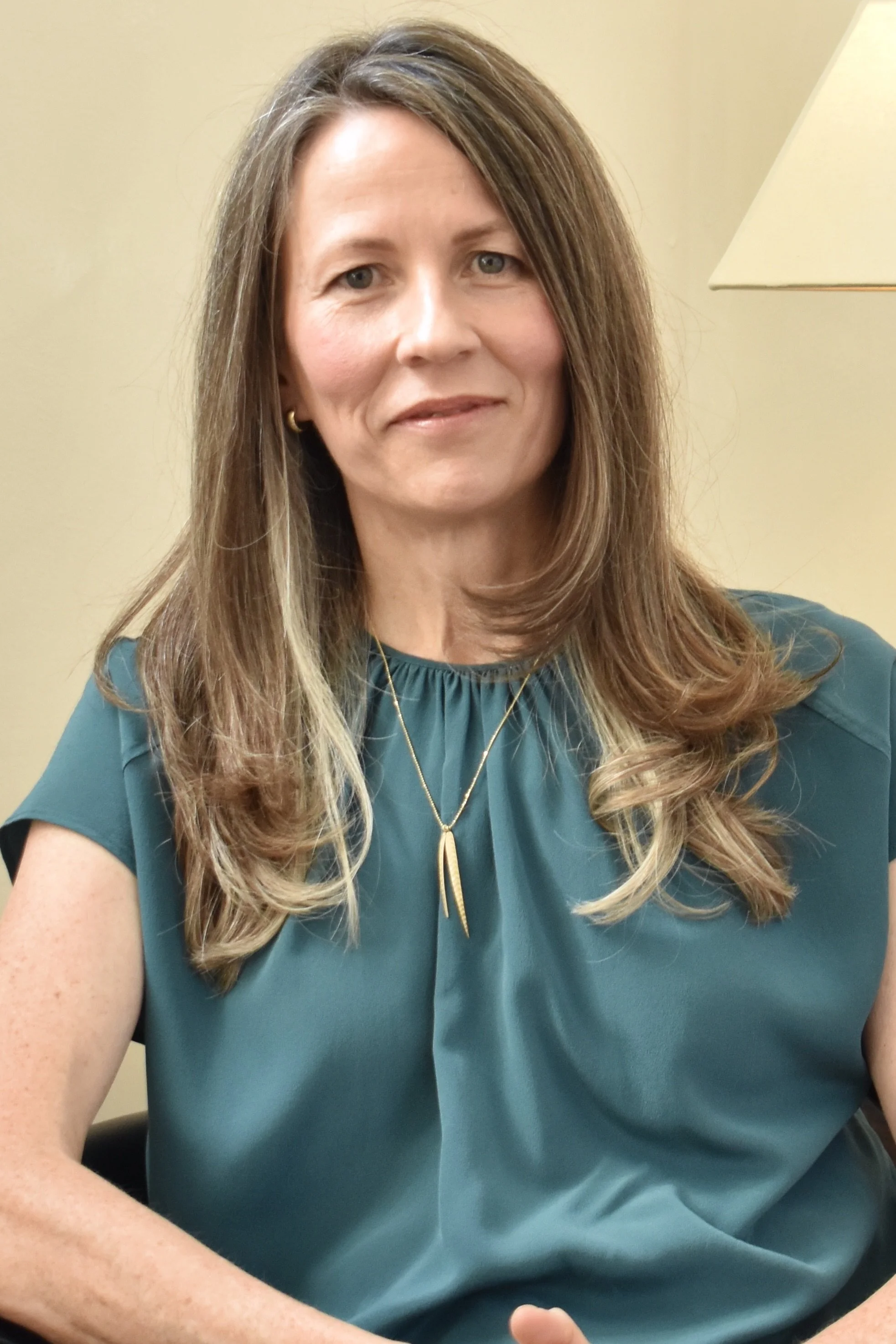Soke Women was created to enable women to access a range of joined-up services under a single umbrella. The bespoke solutions offered are designed holistically by specialists working together on a case by case basis in order to serve the needs of individual clients around particular situational life stages. The concept behind Soke Women is to provide our female clients with a single point of access to information, referrals and recommendations suited to their specific needs.
Our practitioners can either be seen in their individual capacity or as part of a wider programme incorporating various specialties including, but not limited to, hormonal balancing, sleep, dietetics, psychotherapy, mindfulness, body & breath work, sex therapy and couples therapy.
Some of the situational and life changes around which we have created bespoke programmes are listed below.
PERI/MENOPAUSE
Most women experience menopause between the ages of 45 and 55 years as a natural part of biological ageing. Perimenopause is the period when signs of hormonal change are first observed, ending one year after the final menstrual period. The menopausal transition may be gradual and can last for several years, affecting a woman’s physical, emotional and social wellbeing.
The impact of menopause on a woman’s life is not only biological but can also be social and psychological, where her experiences are influenced by societal gender norms and potentially negative attitudes towards ageing.
However, one of the most significant impacts of menopause can be on a woman’s mental wellbeing. As hormone levels change, this can lead to mood swings, low mood, anxiety, anger, forgetfulness, poor concentration, low confidence and a loss of self-esteem. For women experiencing existing mental health conditions, their symptoms may worsen as a result of the menopausal transition.
Both hormonal and non-hormonal interventions can be considered when treating these symptoms, including HRT and talking therapies.
It is also important to remember that this period can be a time for positive reassessment in a woman’s life when considering the roles that she’s inhabited, such as a mother, daughter, wife or working professional.
At The Soke, women experiencing perimenopause, menopause and post-menopausal symptoms are guided through their transition by a holistic team of expert practitioners, who take a wrap-around approach with each client. Our menopause experts offer bespoke treatment for each client, bringing in medical expertise from our gynaecologist, sleep support from our CBT-i therapist and nutritional expertise from our dietitian, and more.
INFERTILITY & ENDOMETRIOSIS
Endometriosis is a condition where tissue similar to the lining of the womb grows elsewhere, such as the fallopian tubes and ovaries. This causes a chronic inflammatory reaction that can lead to the formation of scar tissue. As a long-term condition, it can have a significant impact on a woman’s life, personally, socially and economically. It is a disease associated with ongoing pelvic pain, heavy bleeding during or between periods, bloating, nausea, fatigue and infertility.
The precise cause is unknown, there is no known way to prevent it, and it is currently without a cure. Yet, endometriosis affects roughly 10% of reproductive age women and girls globally. In the UK, many women live with their symptoms for up to six years before diagnosis. This is partly due to stigma and embarrassment, and partly due to healthcare professionals dismissing their patient’s pain as ‘normal’.
More than two-thirds of women with endometriosis in the UK have been found to experience psychological stress as a result of the condition, which can lead to ongoing anxiety and depression. And so, it is advised that comprehensive treatment options for endometriosis include not only medical or surgical interventions, but also mental health support.
At The Soke, we understand the importance of allowing women to feel acknowledged, understood and visible when dealing with debilitating conditions.
Our extensive range of practitioners include experts in life-limiting illnesses, who are here to support women living with the life-impacting effects of endometriosis on both their bodies and their minds.
We are also here to help individuals and couples who are experiencing difficulty conceiving as a result of the condition.
PERI/POST-NATAL ANXIETY OR DEPRESSION
Perinatal Mental Health (PMH) issues cover a wide range of conditions and occur during pregnancy or within the first year following the birth of a child. Research has shown that 27% of women are affected by perinatal mental illness. If mental health issues for expectant and new mothers are left untreated, they can have a long-lasting and increasingly significant impact on a mother’s wellbeing as well as that of her child and wider family.
Perinatal Anxiety may include worries about how to cope with becoming a parent, concerns over the baby’s health or safety, anxious thoughts about the future or rumination over past bad experiences.
Postnatal Depression (PND) commonly affects more than one in ten women within a year of giving birth. It can also affect fathers and partners. This is not the same as ‘baby blues’, which is a period of low mood where a mother may feel tearful, anxious or emotional for up to two weeks following birth, while adjusting to the stress of new demands and exhaustion from little sleep.
By contrast, postnatal depression is a much deeper and longer-term condition. Typically, it develops within six weeks after giving birth, but can start at any time within the first twelve months following the birth of a child. Its onset may be sudden, or so gradual that it goes undetected for some time. Its effects can range from mild to very severe. Its cause is unclear. However, with good support it is a very treatable condition and the risks of missing the opportunity to get help can lead to distressing outcomes.
In many ways, postnatal depression feels similar to depression at other times of life, but there is a greater focus on the baby and issues of being a mother. A woman is more likely to suffer postnatal depression if she already has a history of mental health problems, has no close support network, is dealing with a difficult relationship or stressful life events, or has experienced past trauma.
BREAST CANCER
Breast cancer is the most common type of cancer in the UK, accounting for 15% of all new cancer cases. It makes up 48% of cancers diagnosed in those aged 45 to 54 years. Today, 76% of women with breast cancer are surviving for 10 or more years, but often with ongoing mental health concerns.
Research suggests that 8 in 10 women with breast cancer are not told about the longer-term possibility of developing mental health issues. And yet, a woman’s mental health can be affected from the point of diagnosis, triggering feelings of numbness, confusion, fear and anger, followed by anxiety as she waits for treatment. The debilitating side-effects of treatment can significantly impact on a woman’s quality of life as well as her relationships. During this period, 8% of women experience a panic attack for the first time.
After treatment, as routine hospital appointments and regular medical support end, women with breast cancer, who are no longer in ‘survival’ mode, have time to reflect on their journey and can often feel alone. At this time, almost half of women experience continuous fear that the cancer may return. Mental health issues may also include depression, suicidal thoughts, PTSD and dissociation. These may be even more significant in women who are already living with a mental health problem at the point of diagnosis.
At The Soke, our practitioners support women during and after cancer treatment. Utilising a range of therapeutic methods, our they bring their own lived experiencing, to provide expert, holistic treatment for mental health conditions that surround breast cancer.
THE SOKE WOMEN TEAM
FINDING THE RIGHT SUPPORT:
OTHER CLIENT GROUPS
FOR CHILDREN
We create wrap-around family
care, looking after the needs of
the family unit in conjunction
with the child.
FOR ORGANISATIONS
We deliver personal and
professional development
services, training and cultural
re-alignment programmes.
FOR SCHOOLS
With a focus on child and
adolescent wellbeing, we offer
training, talks and workshops for
parents, teachers and students.














